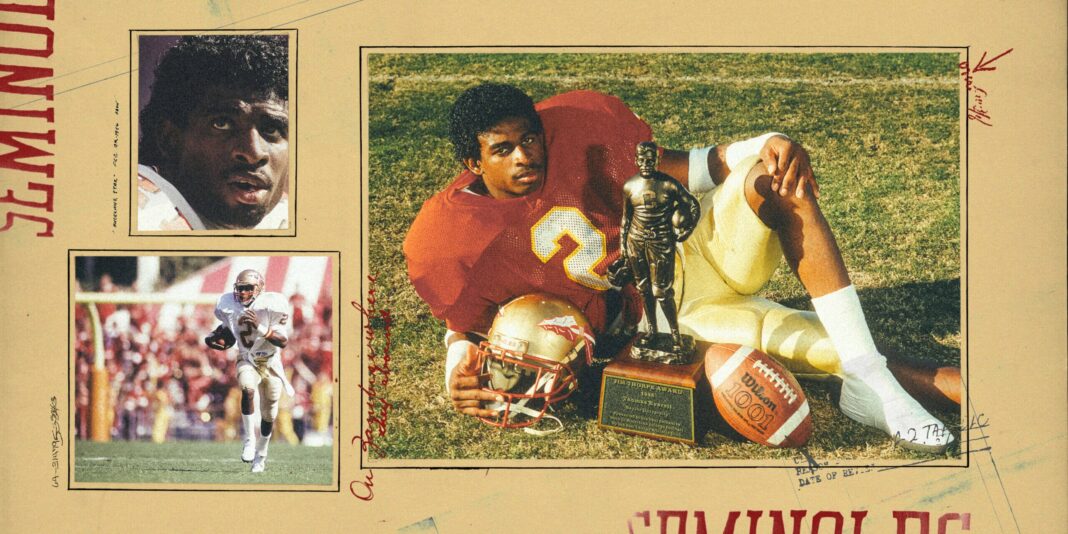What “It Ends With Us” Gets Wrong
Colleen Hoover’s novel „It Ends With Us“ has gained widespread popularity for its emotional storyline and complex characters. However, while the book has been praised for its depiction of difficult topics such as domestic violence, there are some aspects of the story that have been criticized for their inaccuracies or misrepresentations.
1. Romanticizing Toxic Relationships
One of the main criticisms of „It Ends With Us“ is that it may inadvertently romanticize toxic relationships. The novel follows the story of Lily Bloom, a young woman who finds herself in an abusive relationship with her high school sweetheart, Ryle Kincaid. While the book does address the cycle of abuse and the importance of leaving harmful relationships, some readers have argued that the way the relationship between Lily and Ryle unfolds is portrayed in a way that could be misinterpreted as romantic. This can be dangerous, as it may perpetuate the idea that love can conquer all, even in abusive situations.
How to Address This Issue:
Authors should be mindful of how they depict relationships in their work, especially when dealing with sensitive topics such as domestic violence. Rather than romanticizing toxic behavior, it is important to highlight the importance of setting boundaries and seeking help when necessary.
2. Oversimplifying Complex Issues
Another criticism of „It Ends With Us“ is that it may oversimplify complex issues such as domestic violence and trauma. While the book does address the emotional toll that abusive relationships can have on individuals, some readers have argued that the resolution presented in the story may be too neat and tidy. In reality, overcoming trauma and leaving an abusive partner is a difficult and often ongoing process that cannot be neatly wrapped up in a fictional narrative.
How to Address This Issue:
Authors should strive to portray the complexities of real-life issues in a nuanced and realistic way. By acknowledging the difficult and messy aspects of overcoming trauma and leaving abusive relationships, stories can better reflect the challenges that individuals face in similar situations.
3. Lack of Diversity in Representation
One aspect of „It Ends With Us“ that has been criticized is the lack of diversity in its representation of characters and relationships. The novel primarily focuses on the relationship between Lily and Ryle, with other characters serving as supporting roles. Some readers have noted that the lack of diversity in the cast of characters may limit the book’s ability to accurately portray the diverse experiences of individuals who face domestic violence.
How to Address This Issue:
Authors should strive to include diverse representations of characters and relationships in their work, particularly when dealing with issues such as domestic violence. By including a variety of perspectives and experiences, stories can better capture the complexity and diversity of real-life situations.
Conclusion
While „It Ends With Us“ has been praised for its gripping storyline and emotional depth, there are some aspects of the novel that have been criticized for their inaccuracies or misrepresentations. By addressing issues such as the romanticization of toxic relationships, oversimplification of complex issues, and lack of diversity in representation, authors can create more nuanced and realistic portrayals of difficult topics such as domestic violence.
FAQs
Q: Is „It Ends With Us“ worth reading despite its flaws?
A: While the novel has received mixed reviews for its handling of sensitive topics, many readers have found it to be a moving and thought-provoking read. Ultimately, whether or not it is worth reading will depend on individual preferences and comfort levels with the subject matter.
Q: Are there other books that handle the topic of domestic violence more effectively?
A: Yes, there are many books that offer nuanced and authentic portrayals of domestic violence and its impact on individuals. Some recommendations include „Big Little Lies“ by Liane Moriarty and „A Thousand Splendid Suns“ by Khaled Hosseini.




